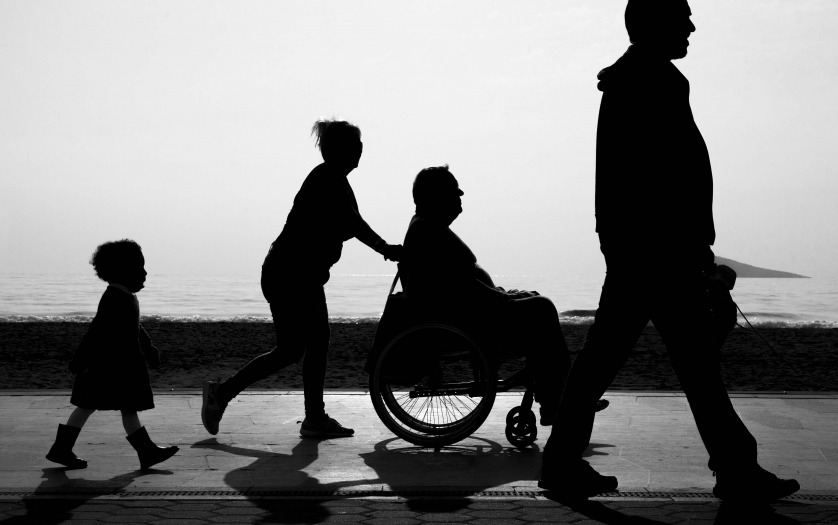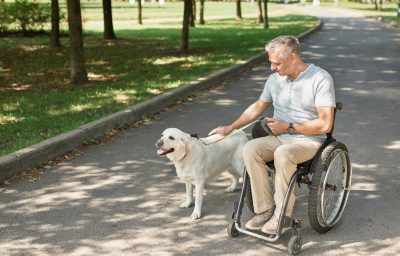
People with disabilities and their families in Australia experienced extreme stress and felt ‘forgotten’ as the first wave of Coronavirus pandemic affected the communities, according to a recent survey titled “Left out and locked down” that looked at the experiences of people with disability and their families during COVID-19.
The survey by Every Australian Counts that covered 700 National Disability Insurance Scheme participants and their families in May-June about the early impact of COVID-19 and the ensuing lockdown.
Almost a third (32 percent) of respondents said their costs had gone through the roof, leaving them feeling stressed, anxious, and stretched almost to breaking point, according to the report.
“This increase in expenses for grocery delivery fees, increase in purchasing home delivery meals and loss of income is now putting us into considerable debt that I cannot afford to repay,” one respondent was quoted as saying in the report.
“Soon it will become a choice of food or housing. We are both terrified for our future,” he added.
Parents were also fearful of the wellbeing of their children, with 22 percent reporting they had a child with a disability at home who needed more support.
One respondent said: “Lockdown with no supports is destroying our children’s resilience and breaking families.”
People with disabilities were frustrated by smaller issues such as the lack of Auslan interpreters and captions in early press conferences.
But there were also more substantial problems at play, like their exclusion from extra income support.
Every Australian Counts campaign director Kirsten Deane said there was also a high level of frustration in the disability community at the slow response of government and the National Disability Insurance Agency (NDIA).
“People understand that the pandemic is unprecedented. No one expects government and agencies to get everything right all the time,” Deane was quoted saying in a news report.
“But what they needed at such a difficult time was simple and clear communication about what was happening, more support to manage the challenges they were facing and greater flexibility in using their NDIS funding so they could get what they needed to stay safe and well.
“And what the survey results show is, unfortunately, this is not what many people received.”
The report made six recommendations to improve the situation for people with disabilities.
This includes better training for Local Area Coordinators and NDIA staff, greater flexibility with NDIS funding, and clearer, more accessible information is provided to people.
“Our message to all levels of government and the NDIA is – this is very far from over. We need everyone to work together and urgently make changes so people can get the support they desperately need,” Deane said.








